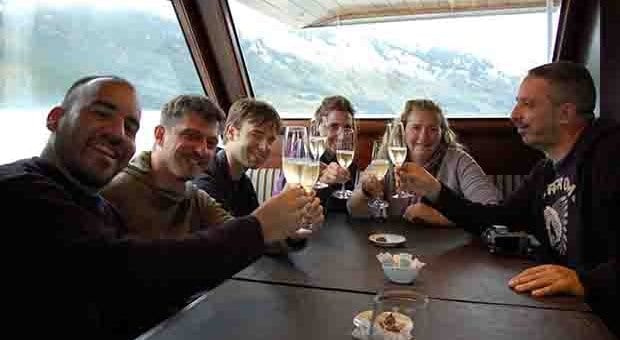
A toast on the cruiseship Mar Patag. Credit: David Walberg
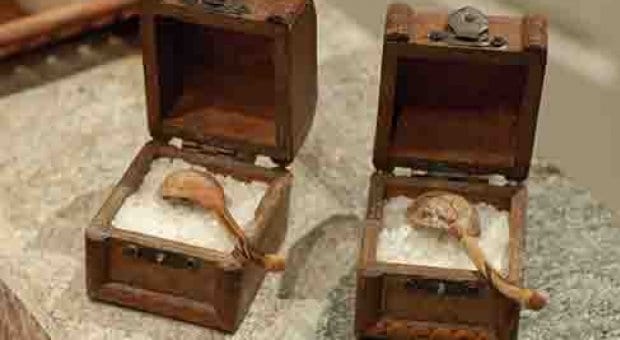
Bath salts at Casa Los Sauces. Credit: David Walberg
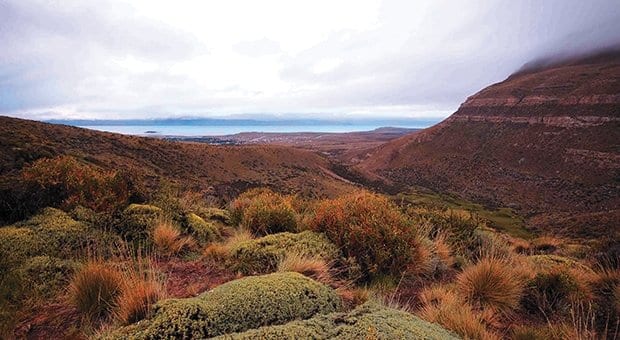
Patagonian grasslands. Credit: David Walberg
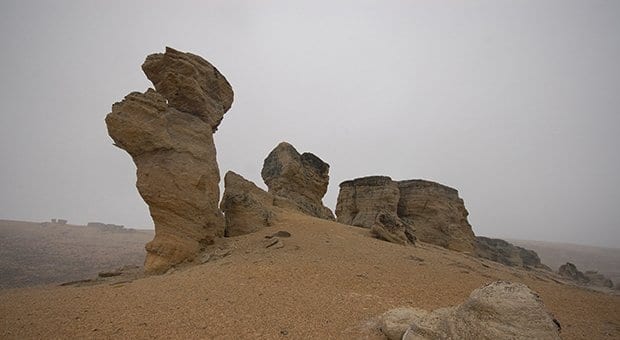
The Balcón de El Calafate. Credit: David Walberg
When the glamorous Argentine president Cristina Kirchner signed her country’s new same-sex marriage legislation last summer, she moved quickly and with characteristic savvy to exploit the tourism opportunity represented by this grand symbol of acceptance. At a meeting with gay travel entrepreneurs Pablo de Luca and Gustavo Noguera that same day, she pledged her support to invite gay press to visit.
And so it came to pass that, six months later, I found myself with two dashing young journalists from the Netherlands and Brazil, exploring the mountains, desert, grasslands and lakes of Patagonia in the country’s extreme south.
Our trip was personal for the president. Our home base was the town of El Calafate in the Santa Cruz province, where Kirchner’s husband, Nestor, was governor before himself becoming president — and where he died of heart failure only six weeks before our visit.
Patagonia contains a diverse, monumental and sometimes brutal landscape. Boasting the world’s largest ice field outside of the two poles, the region is most famous for its bright blue glaciers, some of which continue to grow and many of which calve massive icebergs at a dazzling pace. The nearby deserts and mountains provide a varied collection of vistas ideal for hiking and boating enthusiasts.
Despite its remoteness and sparse population, Argentina’s southern tip has a rich history when it comes to homosexuality and gender. The Mapuches, a Patagonian native tribe, had an elevated status for transgender people in precolonial times. Although the tribe has since been largely assimilated, the Mapuches are celebrated as the only native Americans who were never conquered by Europeans.
According to Osvaldo Bazan, Argentina’s foremost gay historian and a popular columnist and radio personality, transgender people were said to possess all the powers of masculinity and femininity in a single person. They were revered as shamans in an environment of sexual freedom that remains mysterious to historians. “It wasn’t homosexuality or heterosexuality,” says Bazan. “There was another thing that we can’t know.”
More recently, the town of Ushuaia, the world’s southernmost city, was the first in Argentina to wed a same-sex couple, in 2009, after an earlier attempt in Buenos Aires was thwarted by resistant lawmakers.
Today, El Calafate is known as a progressive place of young and open-minded people. There might not be a gay bar in this town of 15,000 people, but it’s not unusual to see same-sex affection in the streets.
The area has a good balance of high- and low-end travel options, with hostels and outdoor gear shops as well as luxury restaurants, spas and hotels.
The president owns Casa Los Sauces, a collection of secluded country cottages, and La Comarca, one of the region’s best restaurants. Alto Calafate is the rustic grand old hotel perched at the top of the town.
Cruises on Lago Argentino with the Mar Patag company range from an afternoon to several days, visiting colossal 200-metre-high glaciers and other sites that can be reached only by water — including a cove where wild horses cavort around abandoned settlers’ huts. There’s a chef on board, so you’ll be treated to multiple-course dinners featuring glacial lake trout and choice Argentine wines as you breeze past lost lonely icebergs.
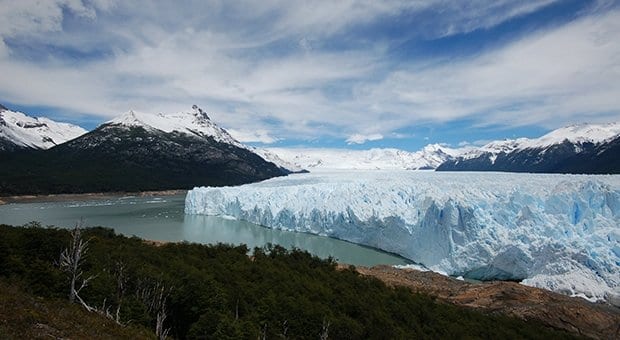
 Why you can trust Xtra
Why you can trust Xtra